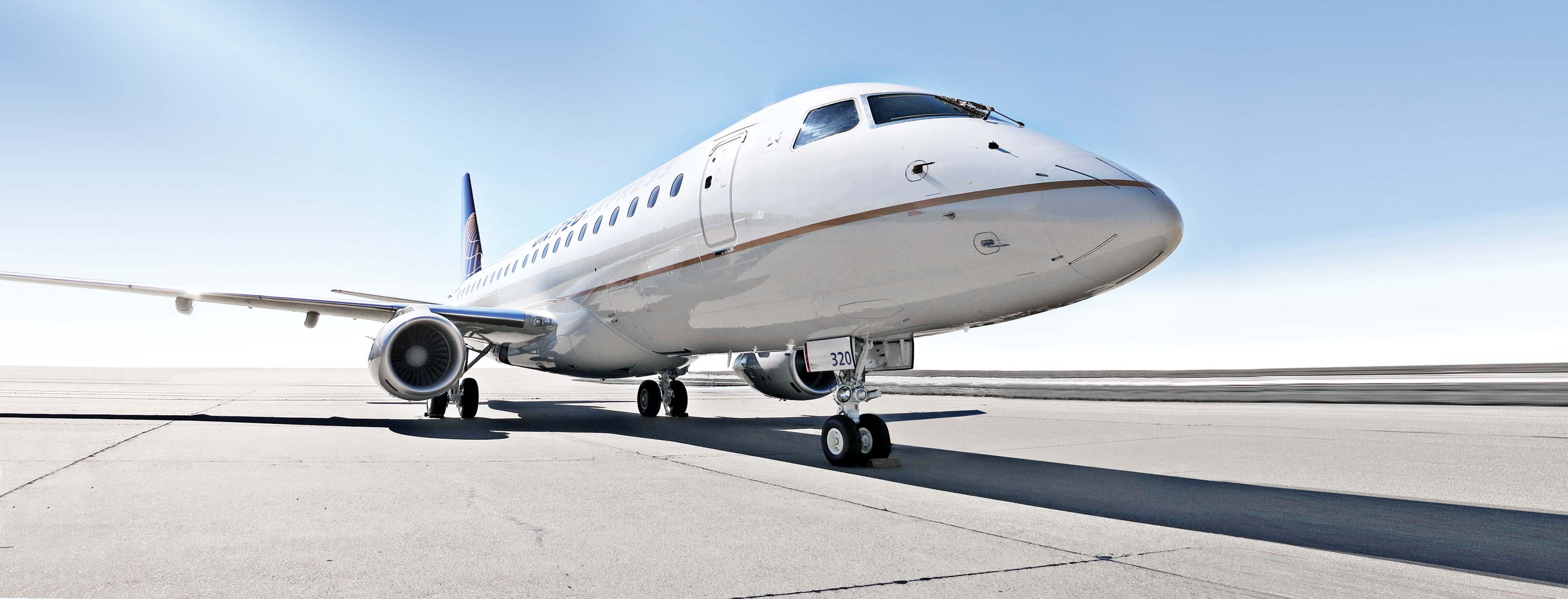This year's financial outlook is in better shape than carriers elsewhere in the world. That's according to Reuters, which writes "U.S. airlines are expected to fare better than most of their foreign counterparts this year because they are trimming unprofitable routes and beefing up balance sheets as the economy begins to rebound. U.S.-based carriers have been cutting capacity since last year in response to surging oil prices, while most European and Asian carriers have been slower to reduce flights or fly smaller aircraft on their routes."

U.S.-based carriers have been cutting capacity since last year in response to surging oil prices, while most European and Asian carriers have been slower to reduce flights or fly smaller aircraft on their routes.
"The U.S. airlines have done so much more than the international airlines to improve their own outlook," said Helane Becker, an analyst with Jesup & Lamont Securities.
"Those guys are just cutting capacity now," she added, referring to European carriers. "They're almost a year later than U.S. airlines."
But last week, Continental Airlines said declines in its "high-yield" or premium traffic, a good proxy for higher-margin tickets such as business and first-class, were beginning to slow and Delta Air Lines and United Airlines said costs were falling due to lower fuel prices.
Stifel Nicolaus said in a note Friday that Continental could be profitable in the third quarter. Other analysts say carriers could report lower third-quarter losses than previously expected.
U.S. carriers' heavy reliance on domestic traffic rather than international business has also helped them as the global recession hurt international travel a more, analysts said.
U.S. airlines are now also seeking ways to drum up cash. United said it had liquidity initiatives on tap for the fourth quarter and Continental announced a stock sale last month. AMR Corp's American Airlines said Thursday that it raised $2.9 billion in cash and financing and would focus on more profitable routes.
"The domestic market is in a better situation and I think more in equilibrium with supply and demand," Alukos added.

